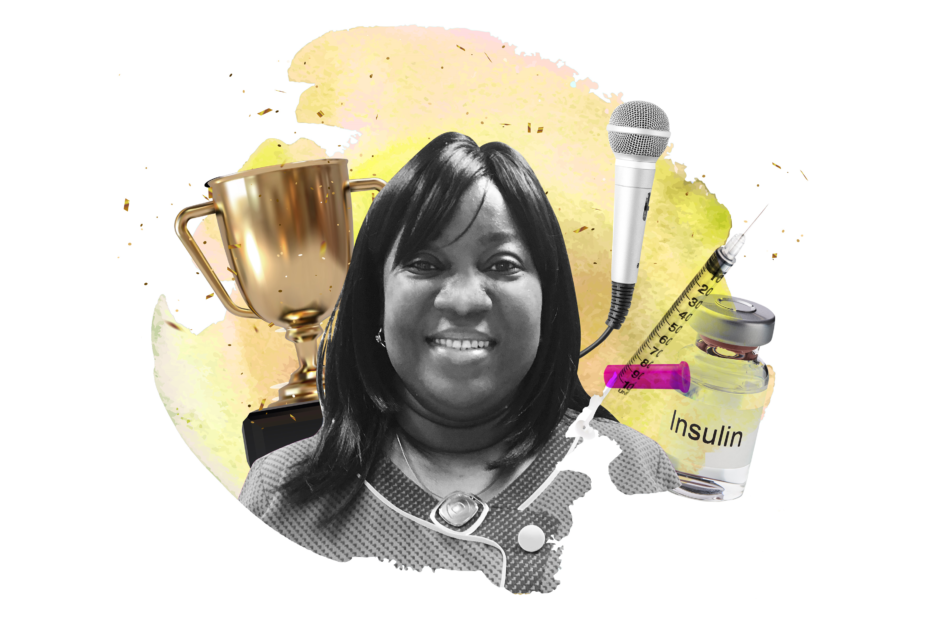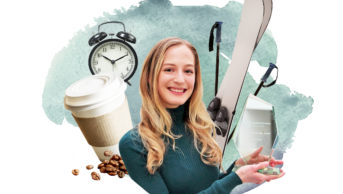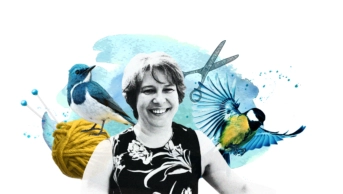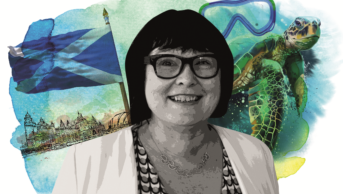
What has been your best career move?
Moving from one continent to another in 2005, and believing that I would succeed despite the challenges.
What is your proudest career achievement?
Winning the Royal Pharmaceutical Society (RPS) ‘I love my pharmacist’ award for the best pharmacist in the UK in 2016, and being crowned the ‘Best of the best pharmacist in the UK’ at the Chemist and Druggist awards in 2017.
How have your career successes affected the way you practise pharmacy?
I am more confident now. I can speak in front of a crowd when I couldn’t before, as I was a very shy person. I can now deliver lectures and workshops.
What projects are you currently working on?
I am studying for my PhD in pharmacy, focusing on mental health. I believe that community pharmacists and their teams are ideally placed to identify people affected by mental illness and to support them.
Why did you decide to do this work?
I am passionate about patients. Also, patients with low adherence to their medication may have underlying issues that need to be unpacked. There is a real need for the NHS to develop more community pharmacy services, and I believe that mental health services should be at the forefront.
What are you absolutely determined to do in your career?
Promote community pharmacy as an invaluable asset to the NHS and patients, and to help ignite and sustain pharmacists’ passion for community pharmacy.
Who in pharmacy has impressed you the most with what they have accomplished?
The consultant pharmacist Lelly Oboh. I have secretly admired her for a while. As a student, I attended a workshop on the care of older people because of her. I was impressed with the fact that she was a woman and a black person like me. I made up my mind that if she could succeed, then yes, I could too.
What are your thoughts about representation of black, Asian and minority ethnic pharmacists at senior levels within the profession?
We need more visible black, Asian and minority ethnic role models to encourage students and new pharmacists. There is little or no representation of black pharmacists in senior levels of pharmacy. I am quite concerned about this as I believe that equality, diversity and inclusiveness should be embraced by all organisations. There should be no gender or ethnicity pay gaps either.
How should this be addressed?
There should be black representation in professional bodies such as the National Association of Women Pharmacists, the RPS, the General Pharmaceutical Council, the National Pharmacy Association, the Pharmaceutical Services Negotiating Committee, the Pharmacists’ Defense Association and most community pharmacy multiples. These organisations need to understand and support the diversity of their members.
What advice would you give to pharmacists who are unsure of whether they have made the right decision to pursue pharmacy?
It is about finding which sector of pharmacy you are passionate about. When you find that, going to work won’t be a chore. Also finding the right company to work for is crucial. The principles and ethics of your workplace should resonate with yours.
When people look at you, what do you think they see?
A successful female leader who is genuinely passionate about pharmacy and about people.
How do you instil passion and motivation into your team?
I lead by example. There is no process in the day-to-day running of the pharmacy that I don’t know about. I always encourage them and assure them that there is nothing we can’t achieve together as a team.
Outside of your job, when people come to you for help, what do they usually want help with?
They ask for help with personal development and succeeding in their chosen career or business. That is why I decided to complete a diploma in coaching and neurolinguistic programming at The Coaching Academy.
What is the best way to deal with stress?
Talk about the issue, don’t hold grudges, take out personal time, be in control and do what makes you happy. Own your own happiness.
What are some things you have had to unlearn?
That pharmacists are not suited to administering vaccines. A few years ago, I could not have imagined myself vaccinating anyone. However, it comes almost naturally to me now. I enjoy it when patients comment that they didn’t feel a thing after I vaccinate them.
What is special about the place you grew up?
I grew up in a warm climate where the whole community looks after each other’s children. Children were free to play outside and you don’t need to book an appointment with your neighbour before paying them a visit.
What personal ambition do you still have?
To be in a position to support the introduction of health policies which improve health outcomes in underdeveloped countries. I believe that good healthcare should be available for everyone irrespective of where they live. I am passionate about addressing health inequalities.
If you had the chance to do it all again, what would you change?
I won’t change anything as every experience of life makes it interesting. One of the principles of neurolinguistic programming is that there is no failure, only feedback. Our experiences are part of what makes us who we are.
Who is the person you would most like to thank, and why?
My husband for always believing in me and urging me to succeed.
If you were a drug, what drug would you be and why?
Insulin. It reminds me of my public health passion — to help improve peoples’ health, improve their quality of life and prevent disease.


